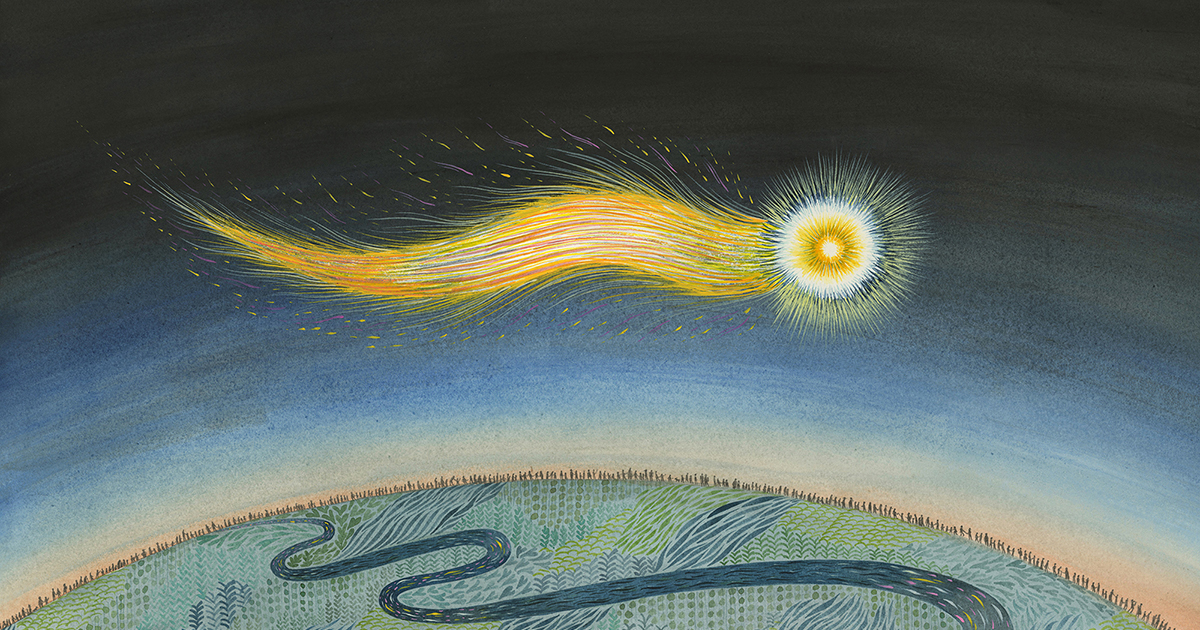The Importance of Wonder in Education: Hermann Hesse's Insights
Core Concepts
Hermann Hesse explores the significance of wonder in education and how it connects us to the unity of the living world.
Abstract
In a profound reflection, Hermann Hesse delves into the transformative power of wonder in education. He emphasizes that wonder is essential for connecting with nature and experiencing unity beyond human needs. Hesse criticizes modern education systems for prioritizing knowledge over awe, leading to a loss of connection with the enchanting world around us.
How to Be More Alive: Hermann Hesse on Wonder and the Proper Aim of Education
Stats
"A leaf of grass is no less than the journey work of the stars," wrote Walt Whitman.
Rachel Carson insisted on giving children "a sense of wonder so indestructible."
Goethe exclaimed: “I am here, that I may wonder!”
Hesse laments that universities prioritize "counting and measuring over delight."
Quotes
"A leaf of grass is no less than the journey work of the stars." - Walt Whitman
"Our universities fail to guide us down the easiest paths to wisdom… Rather than teaching a sense of awe, they teach the very opposite: counting and measuring over delight." - Hermann Hesse
"I am here, that I may wonder!" - Goethe
Key Insights Distilled From
by Maria Popova at www.themarginalian.org 07-06-2023
https://www.themarginalian.org/2023/07/06/hermann-hesse-wonder-butterflies/
Deeper Inquiries
How can we reintegrate wonder into modern education systems?
To reintegrate wonder into modern education systems, we need to shift the focus from mere knowledge acquisition to nurturing a sense of awe and curiosity. This can be achieved by incorporating more experiential learning opportunities that allow students to engage with nature, art, music, and other sources of wonder. Encouraging exploration, creativity, and critical thinking over rote memorization will help cultivate a sense of wonder in students. Additionally, teachers should serve as guides who inspire curiosity and encourage questioning rather than just imparting information.
Is there a balance between knowledge acquisition and fostering a sense of awe?
There is indeed a delicate balance between knowledge acquisition and fostering a sense of awe in education. While it is important for students to acquire foundational knowledge and skills, it is equally crucial to instill in them a deep appreciation for the wonders of the world around them. A well-rounded education should not only focus on academic subjects but also include opportunities for creative expression, exploration of nature, exposure to art and music, and philosophical contemplation. By striking this balance, educators can ensure that students develop both intellectual capabilities and emotional intelligence.
What role does wonder play in shaping our relationship with nature?
Wonder plays a significant role in shaping our relationship with nature by fostering reverence, respect, and interconnectedness with the natural world. When we approach nature with a sense of wonderment, we are more likely to appreciate its beauty, complexity, and intrinsic value. This leads us to treat the environment with care and consideration rather than exploitation or neglect. Wonder also helps us recognize our place within the larger ecosystem and encourages us to act as responsible stewards of the planet. Ultimately,
cultivating wonder towards nature enhances our connection to it
and motivates us to protect its biodiversity for future generations.
0
